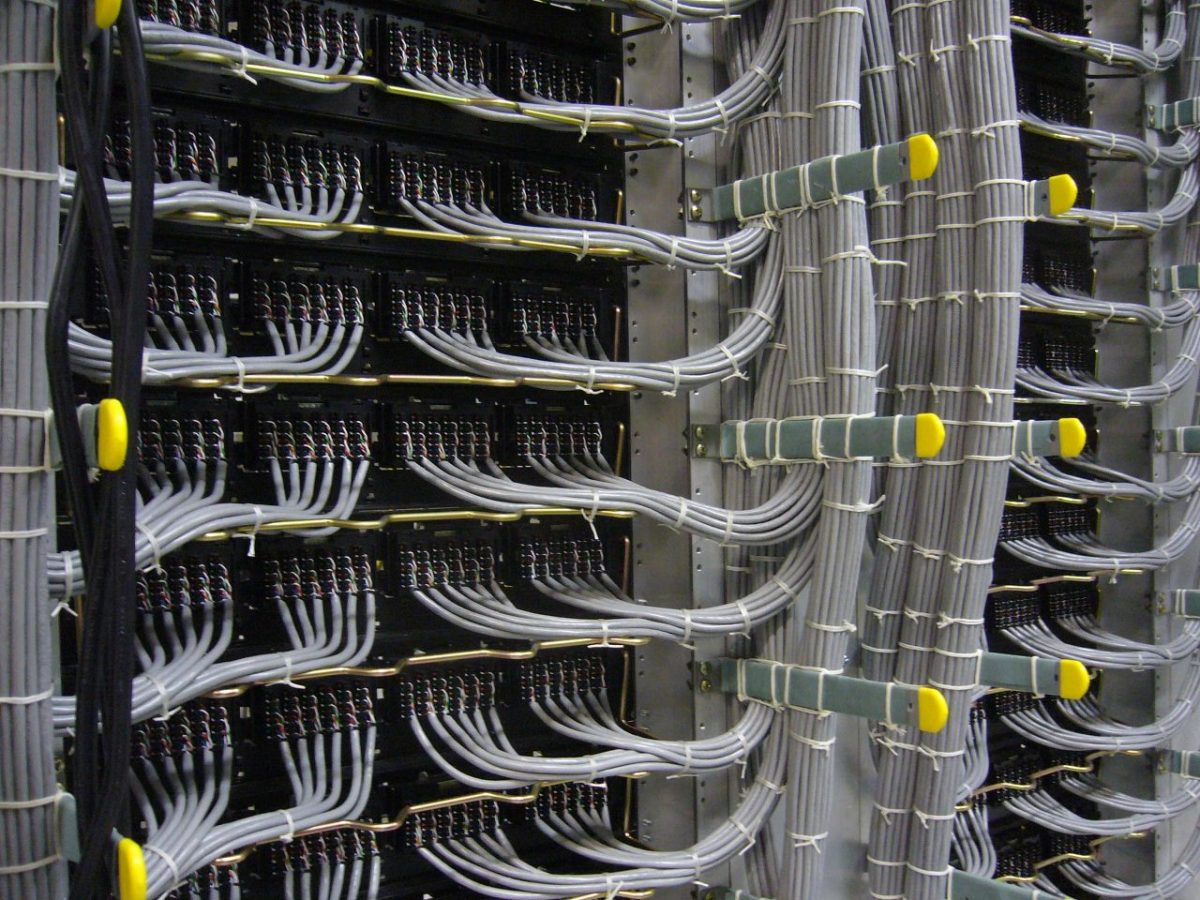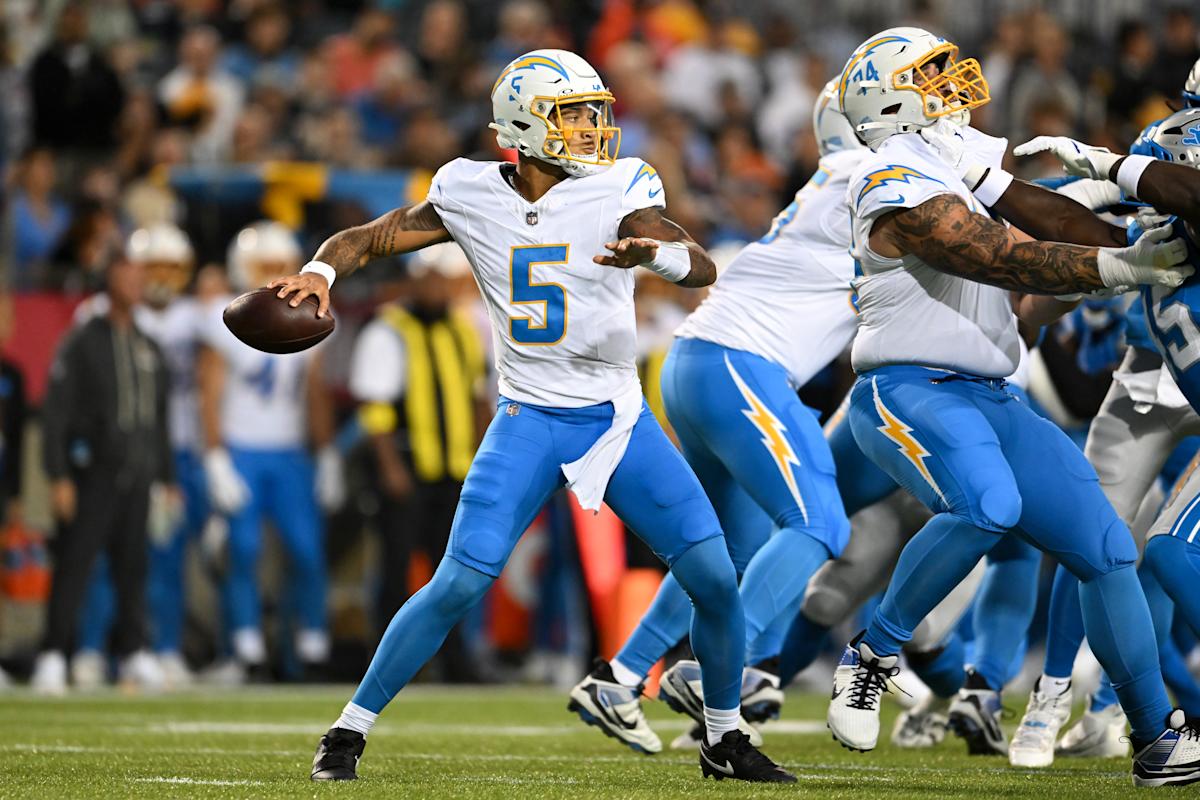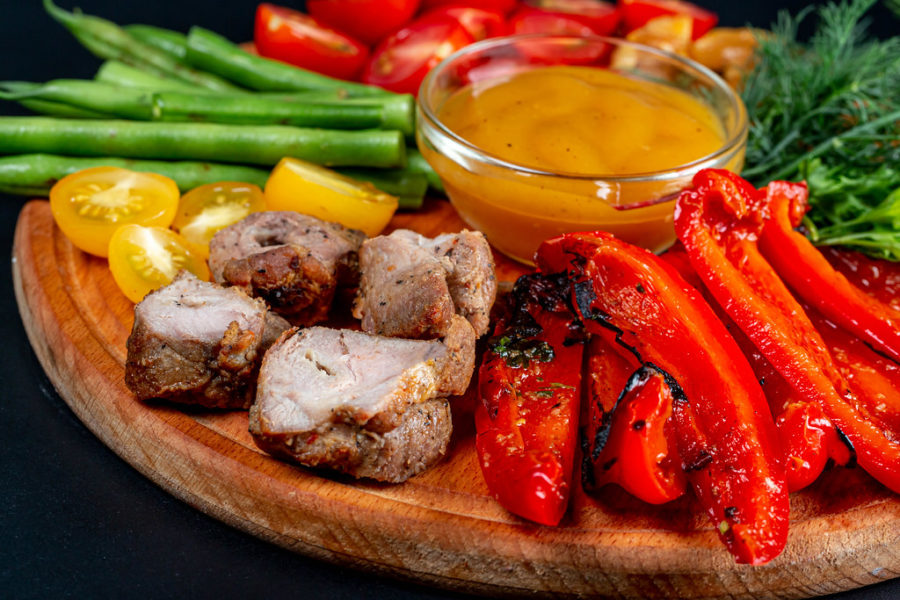Proper Fueling: the Overlooked Factor in Athletic Performance and its Significance
Athletes spend lots of energy when they are active, and this energy must be replenished! Improper fueling can lead to a decrease in sports performance and is damaging to health, so it is essential that student athletes understand the importance of adequate nutrition.
August 25, 2022
Getting enough practice for your sport is required for peak performance. So is stretching before and after a sport’s activity. But what else is a key influence to ensure that an athlete is at the top of their game? Food, of course! Eating enough of the right food before, after, and sometimes during a sport’s event gives athletes the energy they need to refuel all of the energy they lost after intense exercise. It is crucial that student athletes understand the huge role that proper nutrition plays when it comes to sports performance, and the negative effects of underfueling.
First thing’s first: eat three, complete meals everyday, including breakfast! Breakfast skipping is far too common among Americans, with one-quarter of the national population skipping breakfast. A study conducted by the NIH showed that those who skip have a “more negative daily energy balance” than those who eat breakfast. Eat your three meals at regular times during the day and keep a normal meal schedule.
But just three meals is still not enough! You also need to eat within thirty minutes after your workout (list of good snack options here), and make sure to eat a pre-workout snack as well! The harder your workout is, the more fuel you need. This doesn’t mean, however, that you should eat less on easier days, it just means that you need to eat extra on extremely active days. It is essential that your diet is balanced with carbs, proteins, and fats (which will equal the remaining energy that is needed after the carb and protein intakes are met). According to the Better Health Channel, diets should include “45 to 65% from carbohydrates, 15 to 25% from protein, 20 to 35% from fat.” But don’t forget about your vitamins and minerals!
Not eating enough can also lead to the athlete triad, an interrelationship of energy deficiency, reproductive suppression, and impaired bone health. Often, the athlete triad relates to intentional restriction of food intake and disordered eating habits. Dieting at an early age can be extremely detrimental, since “teenage years are when the recommended energy requirement is at its highest”, according to Otsuka Pharmaceutical Co. Sports such as ice skating, wrestling, gymnastics, and distance running can often put pressure on athletes to achieve a certain weight or body size. However, Nemours Teens Health states that “drastically cutting back on calories can lead to growth problems and a higher risk of fractures and other injuries.”, as well as muscle loss, so limiting caloric intake is a bad idea and will not improve sports performance in the long term. In fact, your performance will decline if you don’t get enough fuel. Athletes with the triad are at high risk of loss in bone mass and osteoporosis. Injuries, especially stress fractures, are very unfortunate and will prevent you from participating in your sport. It’s so important that you spend your young years growing strong, healthy bones because your bones stop growing from ages 17 to 25 – so fuel up now while you can! Finally, the triad causes hormone imbalances that lead to low testosterone and libido levels primarily in males and amenorrhea, or irregular menstrual cycles, primarily in females.
This is why athletes must eat enough of the right foods to balance the energy they expend through physical activity! Your body needs ample nutrition and calories in order to function at its best. Injury prevention and a higher level of sports performance are the main benefits of sufficient fueling. Inadequate food intake is extremely detrimental to anyone’s, not just athletes, long-term health.
Sources
“Why Do Athletes Have to Eat a Lot?” Otsuka Pharmaceutical Co., Ltd., https://www.otsuka.co.jp/en/nutraceutical/about/nutrition/sports-nutrition/basis/meal-timings.html.
“A Guide to Eating for Sports (for Teens) – Nemours Kidshealth.” Edited by Mary L. Gavin, KidsHealth, The Nemours Foundation, Jan. 2021, https://kidshealth.org/en/teens/eatnrun.html#:~:text=Athletes%20work%20out%20more%2C%20so,muscles%20rather %20than%20build%20them.
“Sporting Performance and Food.” Sporting Performance and Food – Better Health Channel, https://www.betterhealth.vic.gov.au/health/healthyliving/sporting-performance-and-food.
Doyle, Kathryn. “Skipping Breakfast May Harm Athletic Performance Later in the Day.” Reuters, Thomson Reuters, 4 June 2015, https://www.reuters.com/article/us-health-fitness-breakfast/skipping-breakfast-may-harm-athletic-performance-later-in-the-day-idUSKBN0OK2DQ20150604.
Sincovich, Alanna, et al. “Prevalence of Breakfast Skipping among Children and Adolescents: A Cross-Sectional Population Level Study – BMC Pediatrics.” BioMed Central, BioMed Central, 23 Apr. 2022, https://bmcpediatr.biomedcentral.com/articles/10.1186/s12887-022-03284-4#:~:text=Results,9.5%25%20reported%20always%20skipping%20breakfast.
Buckner, Samuel L, et al. “Why Don’t More People Eat Breakfast? A Biological Perspective.” The American Journal of Clinical Nutrition, American Society for Nutrition, June 2016, https://www.ncbi.nlm.nih.gov/pmc/articles/PMC4881002/.
Edinburgh, Robert M, et al. “Skipping Breakfast before Exercise Creates a More Negative 24-Hour Energy Balance: A Randomized Controlled Trial in Healthy Physically Active Young Men.” The Journal of Nutrition, Oxford University Press, 1 Aug. 2019, https://www.ncbi.nlm.nih.gov/pmc/articles/PMC6675614/.
Carbohydrate Food List – Michigan Medicine. https://www.med.umich.edu/1libr/MEND/CarbList.pdf.
“Osteoporosis: Symptoms, Causes, Tests & Treatment.” Cleveland Clinic, https://my.clevelandclinic.org/health/diseases/4443-osteoporosis.
Protein Content of Common Foods – Hopkins Medicine. https://www.hopkinsmedicine.org/bariatrics/_documents/nutrition_protein_content_common_foods.pdf.
Staff, Familydoctor.org Editorial. “Nutrient Rich Foods – Vitamins and Minerals.” Familydoctor.org, 18 Apr. 2022, https://familydoctor.org/changing-your-diet-choosing-nutrient-rich-foods/.
“Amenorrhea & Secondary Amenorrhea: Causes, Diagnosis & Treatment.” Cleveland Clinic, https://my.clevelandclinic.org/health/diseases/3924-amenorrhea.
“Osteoporosis: Symptoms, Causes, Tests & Treatment.” Cleveland Clinic, https://my.clevelandclinic.org/health/diseases/4443-osteoporosis.
Concepcion, Bien. “What Is the Triad?” The Female and Male Athlete Triad Coalition, 27 Feb. 2020, https://femaleandmaleathletetriad.org/athletes/what-is-the-triad/.












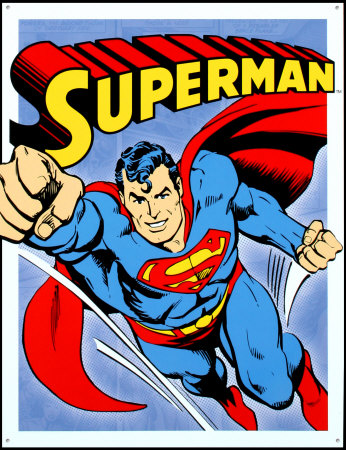
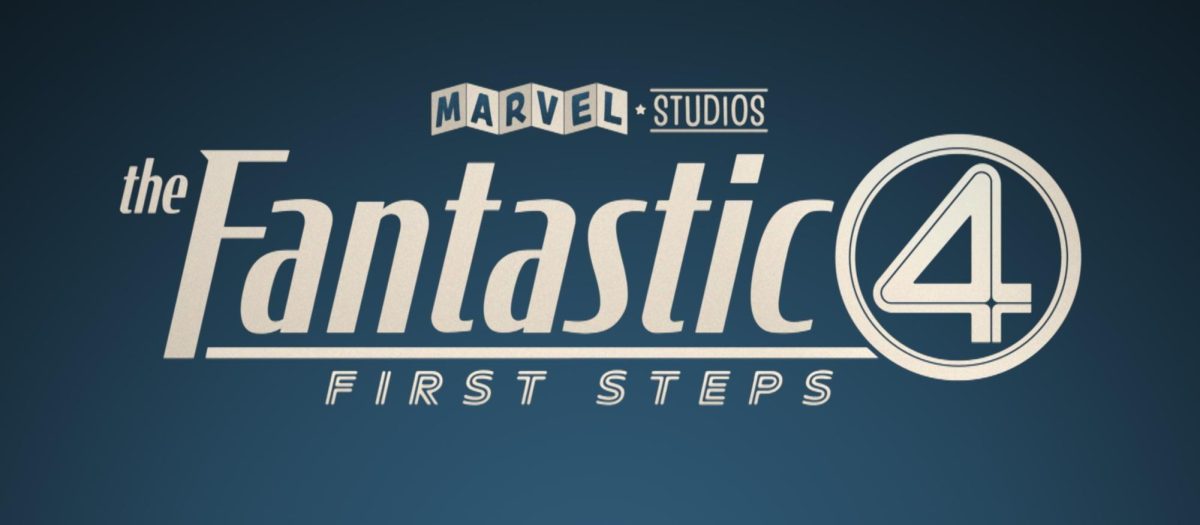











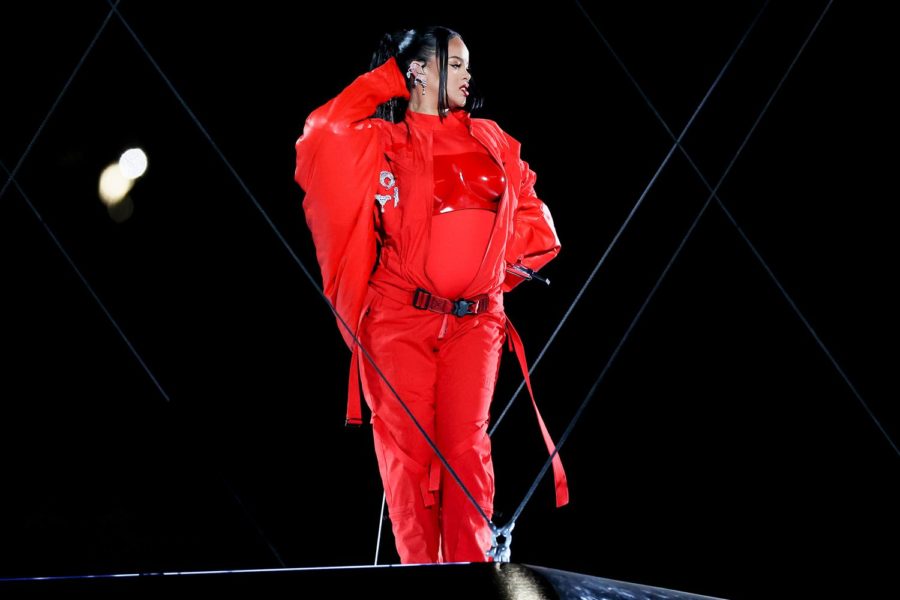





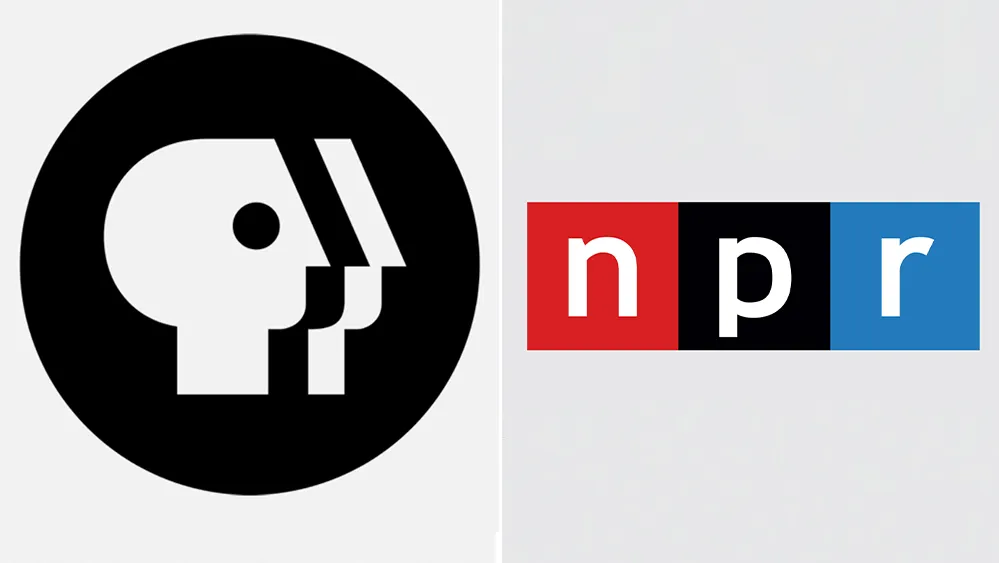









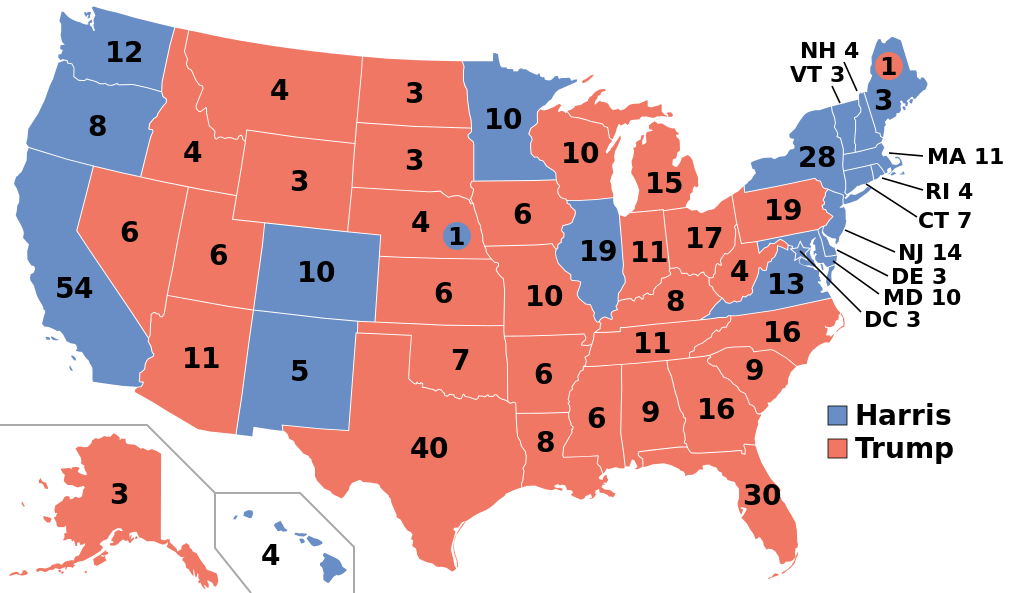







![Image credit to [puamelia]](https://memorialswordandshield.com/wp-content/uploads/2025/08/3435027358_ef87531f0b_o-1200x803.jpg)
